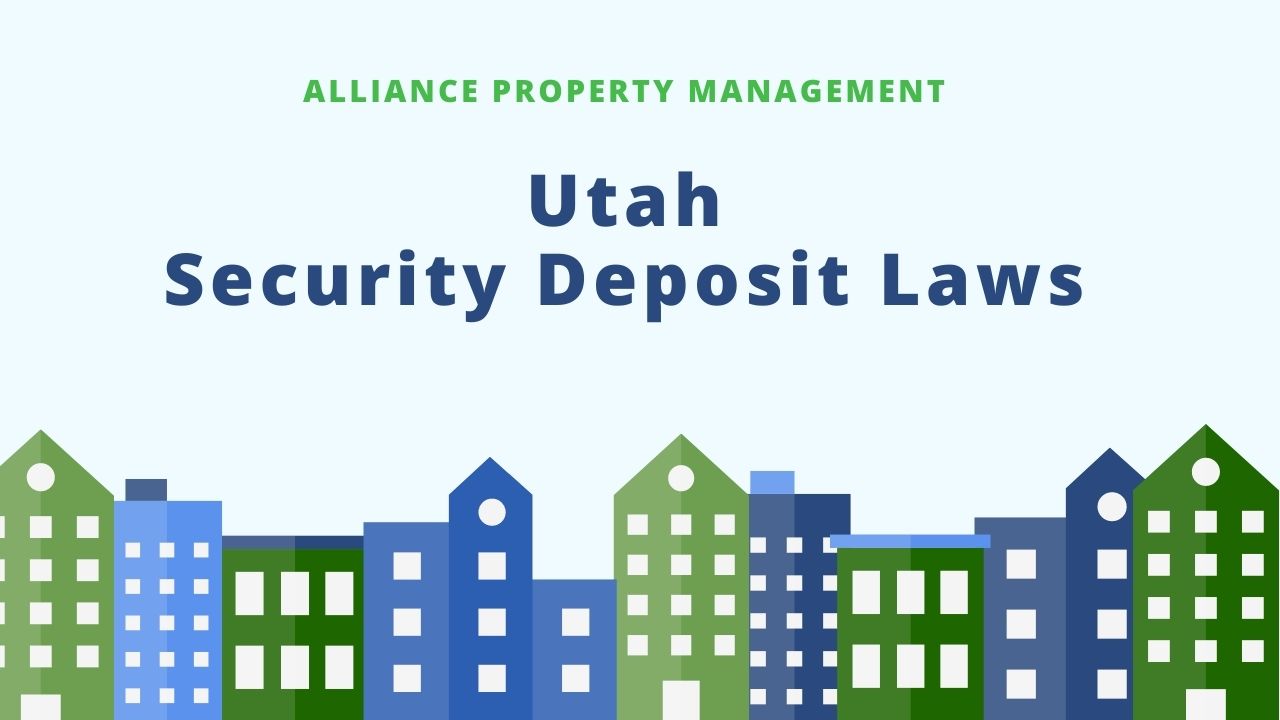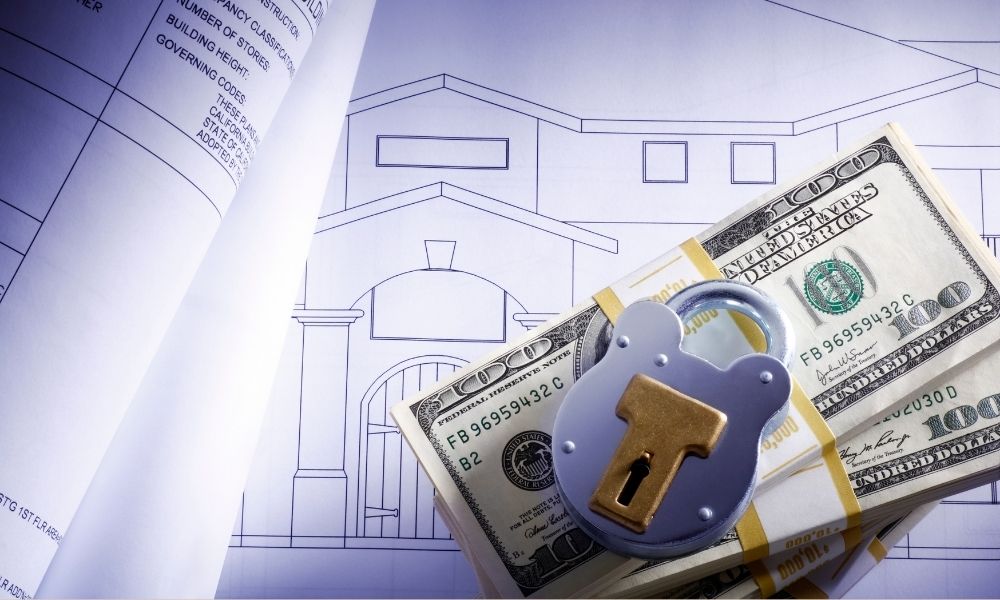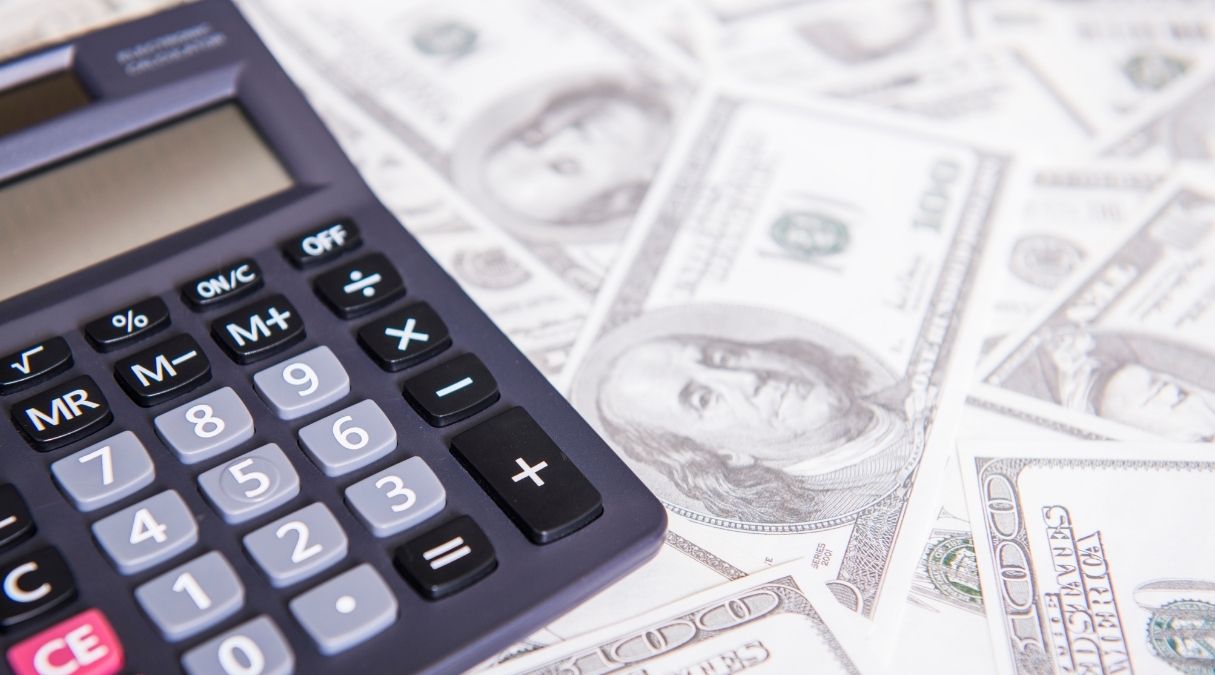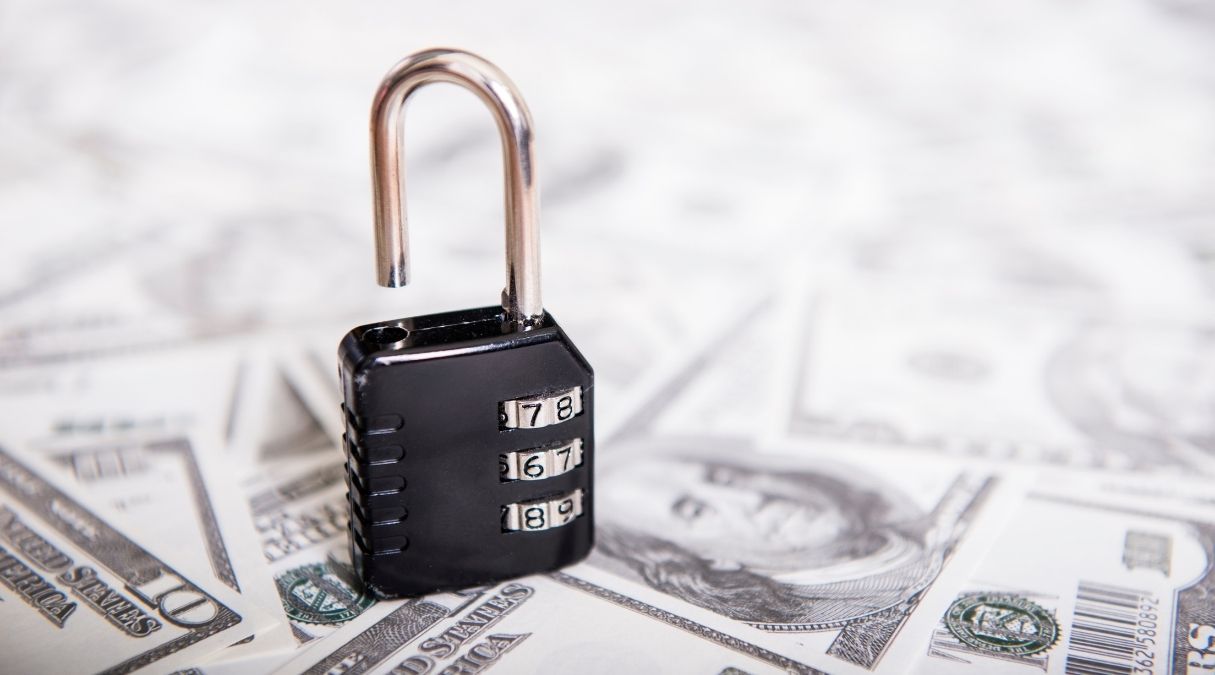
As a Utah landlord, you have a right to ask for a security deposit as part of your lease agreement. Security deposits can help shield you against potential liabilities that may arise. For instance, a tenant's security deposit may help cover for nonpayment of rent or the cost of repairing negligent property damage.
The security deposit law is contained in the statewide landlord-tenant laws. As a landlord in Utah, you must abide by the Utah security deposit law when handling, using and returning your tenant's deposit.
In this post, we are answering some commonly asked questions regarding the security deposit law in Utah and outlining everything you need to know under the landlord-tenant law!
1. Is there a limit to how much security deposit a landlord can collect in Utah?
Under Utah law, no, there's no limit on the amount of security deposit you can collect. However, local laws may impose certain limits. As such, make sure to check your local city laws on security deposit limits.
Although there isn't a statewide limit, most landlords usually charge their renters the equivalent of 1-2X the rent as a tenant's security deposit, but it's not specified in the landlord-tenant law.
2. Are Utah landlords obligated to provide their tenants with a written security deposit receipt after receiving the security deposit?
No. Landlords in Utah aren't obligated to provide their tenants with a written notice unless there's a special clause in the lease agreement. That said, most landlords do it anyway. Doing so can help avoid potential disputes about security deposits in the future.
In the written notice, you can include important details such as:
- The amount of security deposit received
- The date you received it
- The name and address of the banking institution holding it
- The rate of interest the amount is accruing (if applicable)

3. Do Utah landlords need to store their tenant's deposit in a particular way?
In some states, landlords are obligated to store their tenant's security deposit funds in a particular way. However, in Utah, there are no rules on how a landlord should store their tenant's security deposit. This means that you can store your tenant's deposit in any way you see fit.
4. Can Utah landlords charge nonrefundable security deposits?
Yes, you can. Unlike some other states, landlords in Utah are allowed to charge nonrefundable deposits. You must, however, state this in the rental agreement, or in another separate legal document.
5. Do tenants in Utah have a right to a walk-through inspection?
Walk-through inspections are important in clearing any misunderstandings regarding property damage. A tenant may think that they have returned the rental property in great shape, but the landlord may disagree.
In Utah, however, walk-through inspections aren't necessary.

6. Can a landlord keep part or all of a tenant's security deposit?
You may be able to keep part or all of a tenant's deposit under certain circumstances.
One of the common reasons landlords withhold part or all of a tenant's deposit in Utah is excessive property damage. Excessive property damage is defined as damage exceeding normal wear and tear, but you can also specify examples in the lease agreement.
The following are some examples of this:
- A broken toilet seat
- Unauthorized painting
- Burns or cuts on countertops
- Water marks from overflowed bathtub or sink
- Missing screens
- A broken window
- Missing or torn curtains
- Pet urine stains
- Oil stains or burns on carpet
So, if a tenant causes property damage, such as the damages listed above, you may be able to withhold part or all of their security deposit after an eviction to cover the fees. You may, however, not without the security deposit for damages resulting from normal wear and tear.
Examples of normal wear and tear include:
- Small scuffs from normal daily living
- Fading from sun damage
- Peeling paint
These types of "damages" are a result of normal deterioration of the property. Therefore, you would not be allowed to deduct from the tenant's deposit for repairs.
7. What happens to the tenant's security deposit if the property ownership changes hands?
In such an event, you'll have two options to consider:
- Return the deposit (or whatever remains of it) to your tenant. If you've made any deductions from the deposit or prepaid rent, you must provide the tenant with an itemized list of the damages and any other charges specified on the lease agreement. You should also let the incoming landlord know that you have returned the deposit back to the tenant.
- Your other option is to transfer the deposit (or whatever remains of it) to the incoming landlord. You must notify your tenant of doing so and provide them with an itemized list of deductions if you've made any.

8. After how long after a tenant has moved out should you return their deposit?
In Utah, you have 30 days to return the deposit back to the tenant once they move, or 15 days after getting the tenant's forwarding address. You can return the deposit either personally or via registered or certified mail to said tenant's forwarding address.
If you don't have the tenant's mailing address, you must wait until the tenant gives it to you. Once the tenant has given you their forwarding address, you'll have only 15 days to send the deposit to them.
If you've made any deductions, you must include an itemized statement alongside the portion of deposit you're returning.
Wrongfully withholding a tenant's deposit can have some repercussions. In addition to paying the tenant some monetary damages, you may also be liable for their court and attorney fees as well.
9. Can a tenant use the security deposit as last month's rent?
A security deposit is intended to cover a landlord for any liabilities a tenant may cause during a tenancy. Examples of such liabilities include unpaid rent, excessive property damage, unpaid utilities, and property abandonment.
Therefore, unless specified in the lease agreement, a tenant cannot use a security deposit as last month's rent.
Bottom Line
As a Utah landlord, collecting a security deposit from your tenants is crucial. A security deposit will help protect you financially and mitigate risks the lease agreement may not cover.
We hope this article helped inform you about the Utah law surrounding security deposits and their importance within the lease agreement.
If you need more help or have any further questions, contact Alliance Property Management today!
Disclaimer: This blog isn't intended to be a substitute for professional legal advice from an attorney. Laws change and this blog may not be updated at the time you read it. For expert help, kindly seek help from a qualified attorney or an experienced company.
